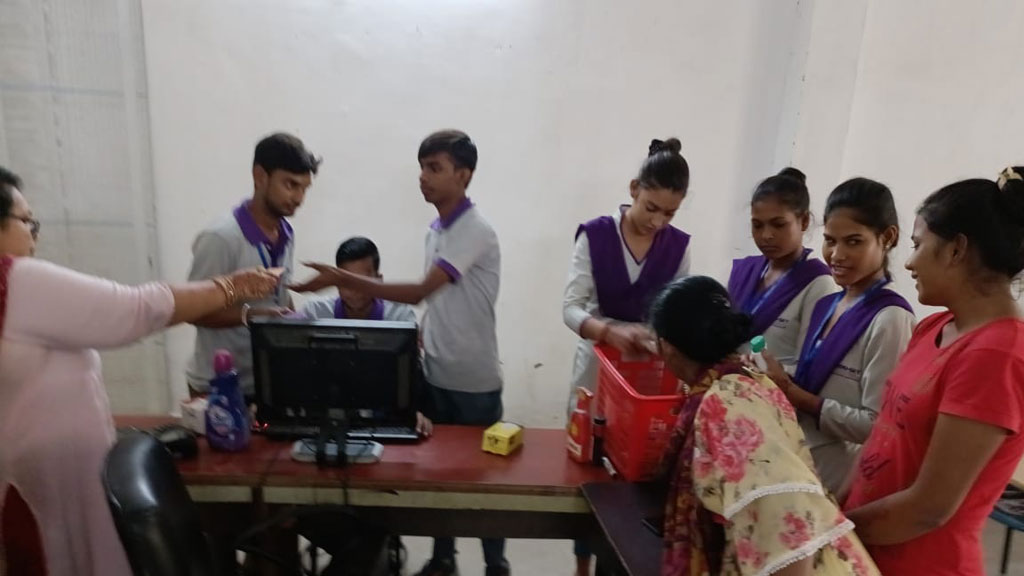Education is often regarded as the cornerstone of a prosperous and equitable society. However, access to quality education remains a privilege for many, especially in disadvantaged communities and developing countries. In response to this global challenge, Corporate Social Responsibility (CSR) initiatives have emerged as a powerful force for change, working to bridge the gap and make education accessible to all.
The Global Education Challenge
Despite significant progress in recent decades, millions of children and adults worldwide still lack access to quality education. This gap in educational opportunities perpetuates cycles of poverty, inequality, and social instability. Ensuring that every individual has the opportunity to learn and develop their potential is not only a moral imperative but also an essential step toward achieving the United Nations Sustainable Development Goal 4: Quality Education.
The Role of CSR in Education for All
Corporate Social Responsibility, or CSR, goes beyond profit-making and encourages companies to take responsibility for their impact on society and the environment. In the realm of education, CSR initiatives have a profound impact on addressing global education disparities. Here’s how:
Financial Support: Many corporations allocate a portion of their profits to support educational programs. This financial assistance can be directed towards scholarships, the construction of schools, or funding for educational materials. Such contributions make education more accessible to those who might not have had the opportunity otherwise.
Infrastructure Development: Investing in the construction and renovation of educational infrastructure, such as schools, libraries, and community centers, helps create conducive learning environments in underserved regions.
Teacher Training and Support: Companies often support teacher training and development, which enhances the quality of education and helps create more effective and motivated educators.
Technology Access: CSR initiatives frequently aim to bridge the digital divide by providing technology resources and connectivity to students and teachers, allowing them to access online educational content and resources.
Community Engagement: CSR programs often encourage employee volunteerism, allowing corporate employees to engage with local communities and contribute to educational efforts through mentorship, tutoring, and other activities.
The Impact of CSR Initiatives
CSR initiatives in education have yielded tangible results around the world. For example:
Promoting Gender Equality: Many CSR programs specifically target improving girls’ access to education, helping to address gender disparities in educational opportunities.
Enhancing Literacy: Initiatives that focus on literacy and numeracy skills have contributed to improved learning outcomes, which is fundamental for personal and economic development.
Reducing School Dropout Rates: By offering financial support, mentorship, and skills development, CSR programs have helped reduce school dropout rates and increase the number of students who complete their education.
Job Skills and Employment Opportunities: Corporate-sponsored vocational training and skill development programs are helping individuals gain the skills they need to enter the workforce.
Real-Life Examples of CSR Initiatives in Education
The LEGO Foundation: LEGO’s “Learning Through Play” initiative promotes playful learning experiences for children around the world, focusing on early childhood development and providing resources to educators.
Unilever: Unilever’s “Bright Future” program aims to improve the health and well-being of more than a billion people and enhance livelihoods. Part of this effort includes supporting education and life skills development.
Samsung: The “Samsung Solve for Tomorrow” program supports STEAM (Science, Technology, Engineering, Arts, and Math) education in schools, helping students develop critical skills for the future.
The Path Forward
In a world where education remains an uneven playing field, CSR initiatives offer hope and promise. They demonstrate that businesses can be powerful agents of positive change by leveraging their resources, expertise, and influence to provide educational opportunities for all.
As we move forward, it is essential for companies, communities, and governments to work together to build a more inclusive and equitable education landscape. By supporting CSR initiatives in education, we can work collectively towards the goal of education for all, unlocking the potential of individuals and societies and fostering a brighter, more equitable future.
- By admin

